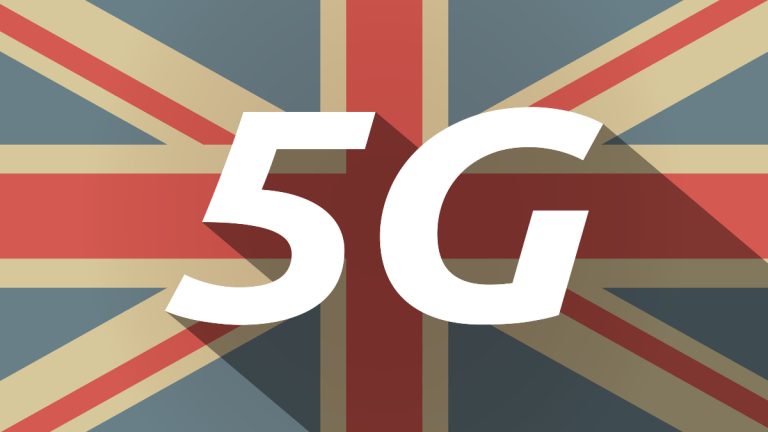U.S. Lawmaker Raises Alarm Over Nvidia’s Chip Sales to China
National Security Warnings from Congress
WASHINGTON: The head of a House panel focused on China, Representative John Moolenaar, expressed concerns about U.S. Commerce Secretary Howard Lutnick’s decision to allow Nvidia to resume sales of H20 chips to China, arguing that it could bolster Beijing’s AI capabilities and compromise America’s technological advantage.
In a letter addressed to Lutnick, Moolenaar indicated that permitting these chip sales risks undermining U.S. leadership in AI and facilitating Chinese firms in gaining an edge in the global AI model marketplace. He stated, ‘The Commerce Department made the right call in banning the H20,’ demanding additional insights into this policy shift.
Impact on AI and National Security
According to Moolenaar, the export of American chips could empower the Chinese Communist Party to enhance military technologies, restrict freedoms, and diminish American innovation. Nvidia’s recent announcement reversed a ban initially imposed by the Trump administration aimed at preventing advanced AI technologies from reaching China due to persistent national security threats—a stance that has recently garnered bipartisan consensus.
Nvidia’s stock saw a drop on Friday following Moolenaar’s staunch criticism, demonstrating the potential market impact of political decisions regarding technology exports. An Nvidia spokesperson defended the move, asserting it fosters U.S. technological growth and ensures national security through leadership in AI innovation.
Bipartisan Concerns and Future Projections
Moolenaar’s correspondence marks a significant instance of a Republican publicly challenging a Trump-era policy, underscoring the rising apprehension surrounding AI chip exports to China. Lutnick indicated that the potential resumption of H20 chip sales aligns with U.S. negotiations concerning rare earth materials.
Even though the Biden administration has constrained exports of its advanced chips, the H20, designed specifically for the Chinese market, remains competitive in AI performance and supercomputing applications. A report from April 2025 noted that Nvidia’s H20 chips played a crucial role in powering an AI model from the Chinese firm DeepSeek, which achieved notable success.
Regulatory Considerations
Despite the policy alteration, the U.S. Commerce Department is still tasked with reviewing export licenses for H20 chips. Nvidia has reportedly received indications that these licenses would be approved, with hopes to commence shipments shortly.
In his communication to Lutnick, Moolenaar demanded a briefing by August 8 regarding the Department’s plan for assessing H20 chip license applications and projected export volumes—further emphasizing his belief that such chips would significantly enhance China’s AI capabilities over domestic competitors.
Keywords
China; Nvidia; AI chips; national security; export policy



